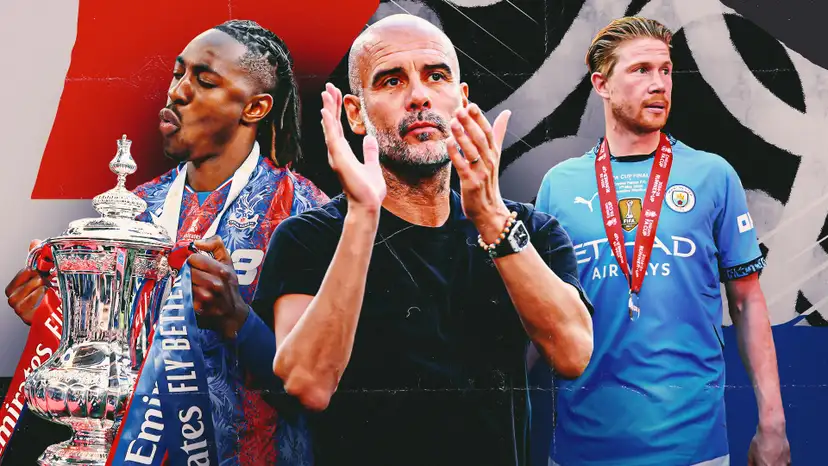
Pep Guardiola, What Were You (Over) Thinking?!
Winners and Losers as Arrogant Tactics Cost Man City in FA Cup Final and Eze & Henderson Make Palace History
The 2024-25 FA Cup final had all the makings of a modern classic, and in the end, it delivered something even better—a fairy-tale finish. Crystal Palace stunned Manchester City 1-0 under the Wembley arch to lift the first major trophy in their 119-year history. But amid the celebrations for Palace and heartbreak for City, the final became a showcase of questionable tactical decisions, rising stars, and a reminder of what makes football’s oldest competition so enduringly special.
LOSER: Pep Guardiola – The Overthinker Strikes Again

Pep Guardiola
Pep Guardiola’s affection for Wembley is no secret. The Catalan has won Champions League titles, League Cups, and FA Cups under its famous arch, and he arrived at this final seeking a third FA Cup crown. Instead, he leaves empty-handed—and with only himself to blame.
Guardiola, missing Rodri and Mateo Kovacic, had options in Ilkay Gundogan and even youth players like Rico Lewis or James McAtee, but instead opted for a bizarre lineup. Bernardo Silva and Kevin De Bruyne, two of the most creative minds in world football, were deployed as holding midfielders in a shape that often looked more like a 4-0-6 than a balanced 4-2-3-1. The midfield—once sacred ground for Guardiola—was practically abandoned.
Despite 78% possession and 23 shots, City failed to score. Their attacks lacked rhythm, coherence, and creativity. Worse, Guardiola only made substitutions in the 76th minute and inexplicably brought on 19-year-old Claudio Echeverri for his debut—on the biggest stage of all.
It felt eerily reminiscent of the 2021 Champions League final, when Guardiola fielded no holding midfielder and paid the price. History, it seems, has repeated itself. And Guardiola, for all his genius, must now face the fact that for the second time in his career—and the first since 2017—he will finish a season without major silverware.
WINNER: Eberechi Eze – The Crown Jewel of South London
When Crystal Palace’s Eberechi Eze met Daniel Muñoz’s low cross and rifled it into the bottom corner after 15 minutes, it wasn’t just a goal—it was a coronation. The England midfielder has been electric throughout the FA Cup run, delivering brilliance against Fulham and Aston Villa, and he saved his best for last on the grandest stage of all.
Eze’s influence waned after the opener, but he had already done enough. He epitomised Palace’s gameplan: sit deep, wait for moments, and strike with ruthless precision. And he delivered.
For years, Wilfried Zaha was the heartbeat of Crystal Palace. Now, fans may argue Eze has stepped into that legendary status—and done what Zaha could not: deliver silverware.
LOSER: Erling Haaland – A Star Who Couldn’t Shine at Wembley
Six Wembley appearances. Zero goals. Erling Haaland’s baffling drought at the national stadium continued. After returning from injury, the Norwegian was expected to lead the line and torment Palace. Instead, he cut a frustrated figure.
Haaland missed a golden early chance, then allowed Omar Marmoush to take a penalty—one Marmoush missed. The moment invited criticism from Wayne Rooney, who remarked that Messi or Ronaldo would never pass up such an opportunity. For a player who wants to be compared with the game’s greats, Haaland’s reluctance—and performance—spoke volumes.
WINNER: Dean Henderson – Redemption, Resilience, and Royalty
Dean Henderson’s final was almost over before it began. When he swatted the ball away from Haaland outside the penalty area, VAR was called into action. After a lengthy review, it was determined that the foul did not deny a clear goal-scoring opportunity. Henderson stayed on—and became the hero.
Moments later, he denied Marmoush’s penalty with a superb low save. It was the defining moment of the match, and he followed it up with five more key stops. The former Manchester United goalkeeper even had words with Guardiola after full-time—twisting the knife with relish.
For Henderson, this was a career-defining performance and a timely reminder of his quality. For Palace, he was the final’s backbone.
WINNER: Oliver Glasner – The Mastermind Behind Palace’s Rise
When Crystal Palace appointed Oliver Glasner mid-season, some questioned the decision to part ways with Roy Hodgson. Those doubts are now long gone.
Not only did Glasner turn around Palace’s form, but he has also made history, becoming the first manager to lead the club to silverware and into European football. The Austrian’s tactics at Wembley were bold, disciplined, and ruthlessly effective. Weeks after a 5-2 thrashing by City at the Etihad, Glasner told Guardiola: “Next time, that system won’t work against us.” And it didn’t.
He’s won the Europa League before with Eintracht Frankfurt. Don’t bet against him taking Palace deep into Europe next season.
LOSER: Kevin De Bruyne – A Farewell Without the Fairytale
This final was billed as Kevin De Bruyne’s last stand in a City shirt. The Belgian maestro was the subject of tributes, tifos, and Guardiola’s pre-match praise. But when the whistle blew, he was a shadow of his usual self.
Played far too deep in Guardiola’s midfield-less system, De Bruyne couldn’t dictate the game. He missed key chances, looked frustrated, and failed to provide the spark his team so desperately needed.
He’ll get his Etihad send-off against Bournemouth, but for a player of his stature, missing out on one last trophy will hurt.
WINNER: The FA Cup – Still Full of Magic
Amid modern football’s commercialisation and dominance by super-clubs, there are days that remind us why the FA Cup still matters. This was one of them.
Palace, with a squad assembled on a fraction of City’s budget, lifted the trophy against all odds. It was their first major honour, a reward for daring to dream and sticking to their values. For the neutral, it was a celebration of underdog spirit and a stirring antidote to football fatigue.
The FA Cup needed this. Football needed this.
LOSER: VAR – Another Failure on the Big Stage
No recap of this final would be complete without addressing the elephant in the room: VAR’s baffling decision to not send off Dean Henderson. The goalkeeper clearly handled the ball outside his box, denying Haaland a one-on-one. Referee Stuart Attwell waved play on after consultation, but few agreed with the call.
Wayne Rooney, on BBC, summed up the general mood: “It’s 100% a red card. Everyone can see it.” VAR’s explanation—that Haaland wasn’t denied a goal-scoring chance—felt like a post hoc rationalisation. Moments like these undermine trust in technology designed to improve decision-making.
VAR has its place, but if it can’t get the big calls right, what is it good for?
Final Thoughts: Pep’s Gambit, Palace’s Glory
This FA Cup final will go down as one of the most dramatic in recent memory—not just for the result, but for what it symbolised. Guardiola’s boldness backfired spectacularly. Crystal Palace seized their moment. Eberechi Eze, Dean Henderson, and Oliver Glasner wrote their names into football folklore.
And so, against a backdrop of confusion, emotion, and elation, the world’s oldest cup competition reminded us why it still matters. The FA Cup lives on—not in spite of modern football, but because it still has room for magic.


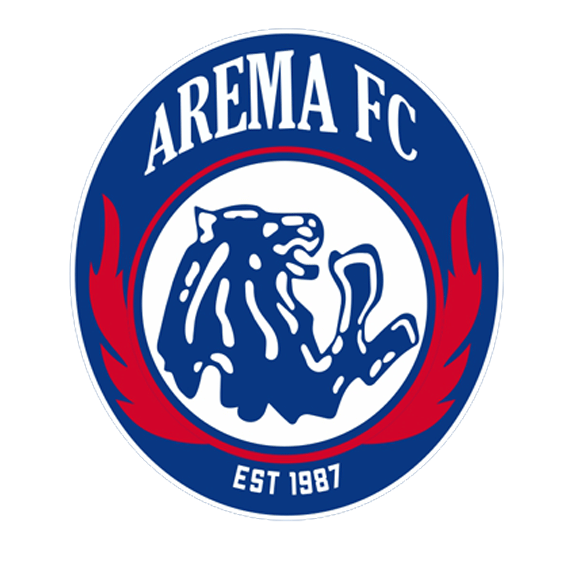
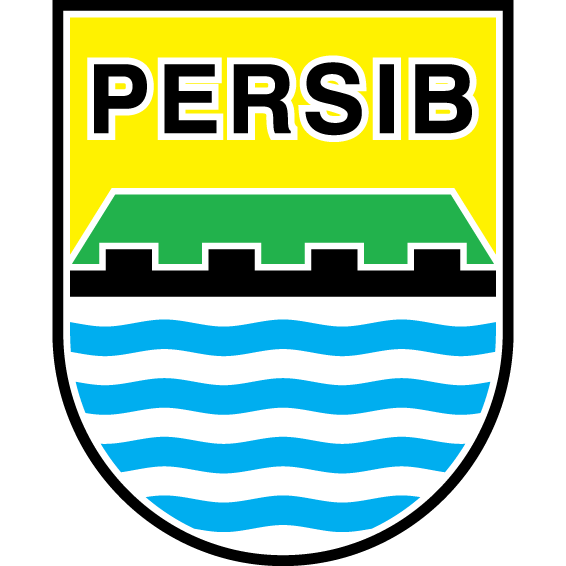
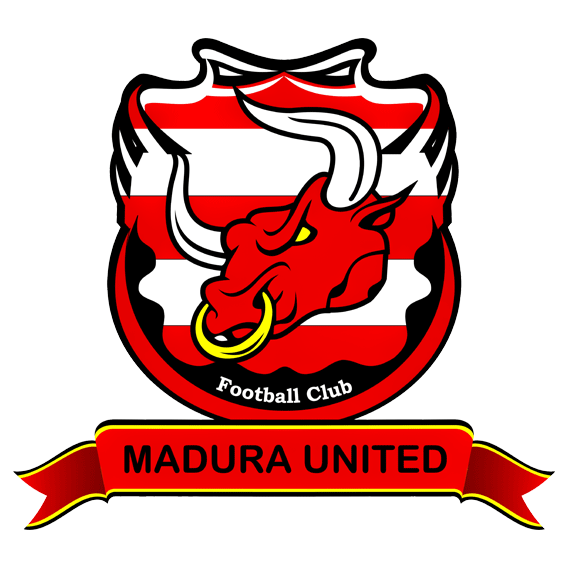


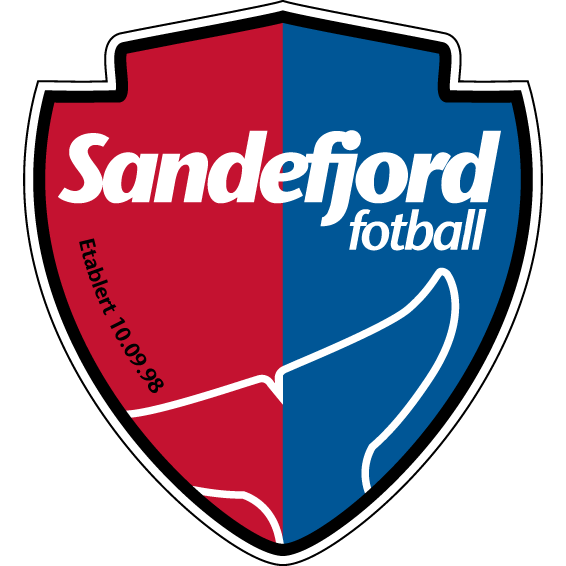


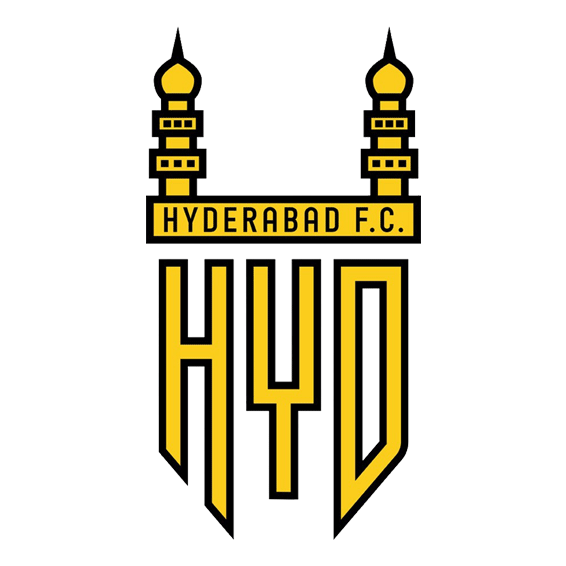
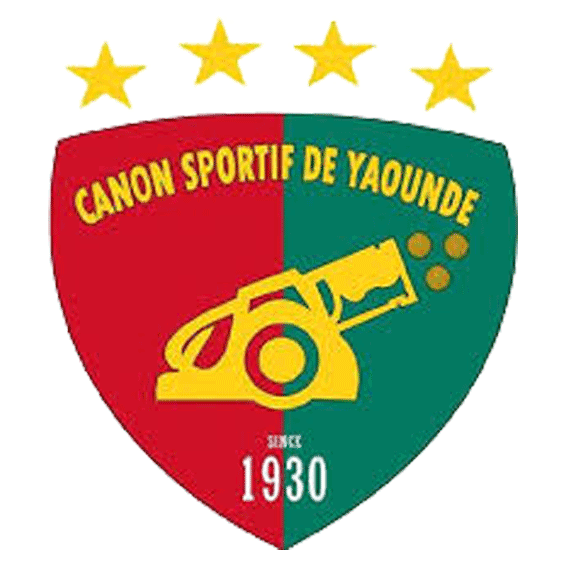





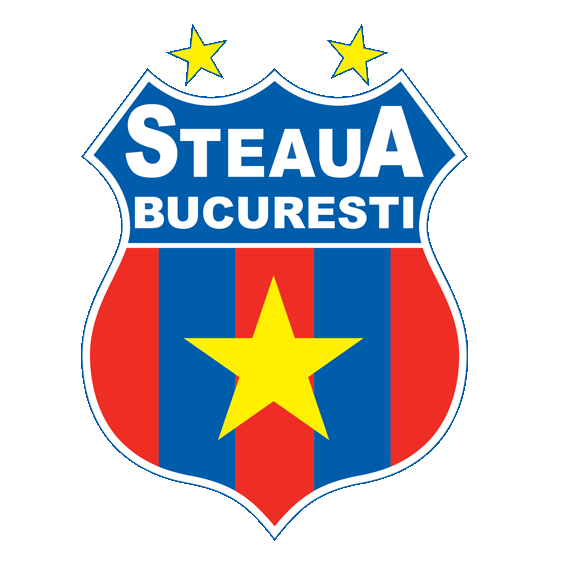









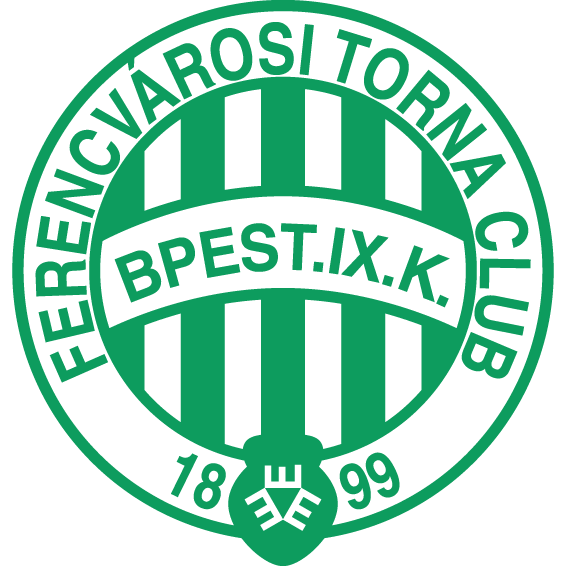

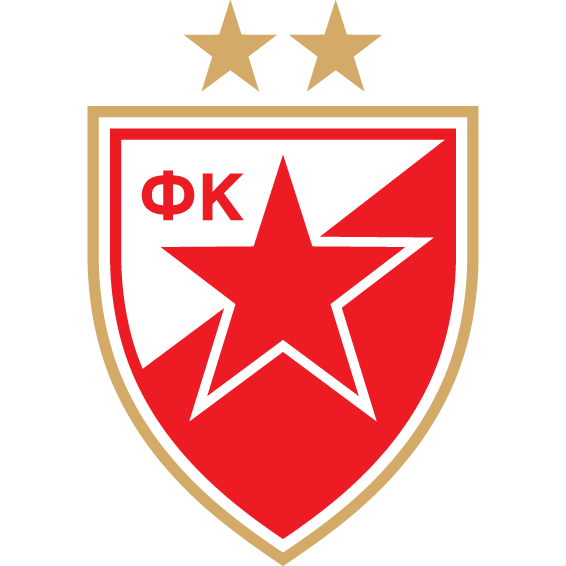


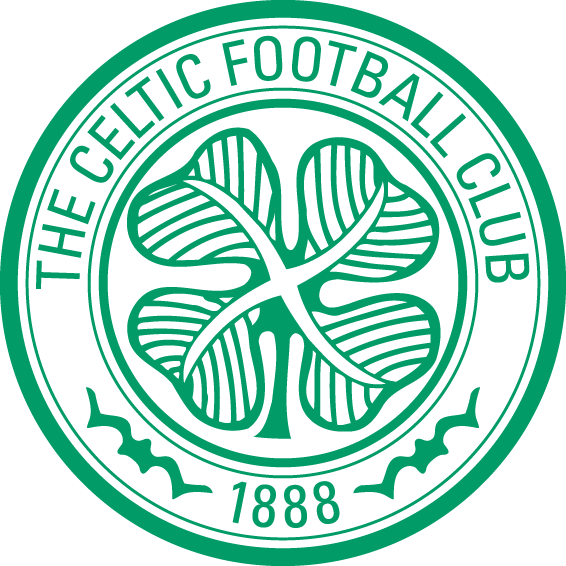
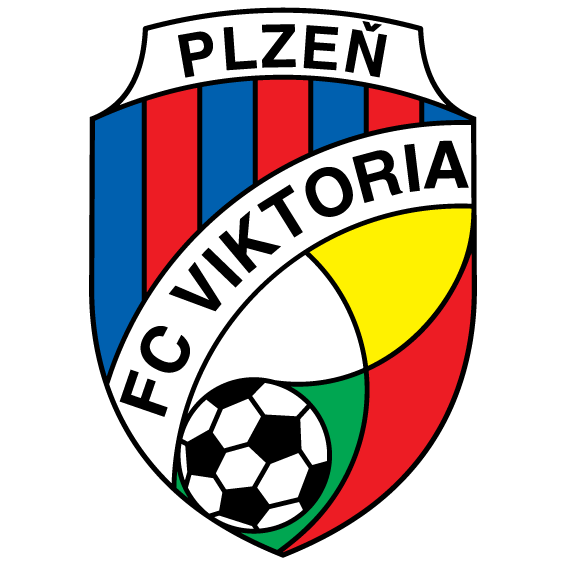
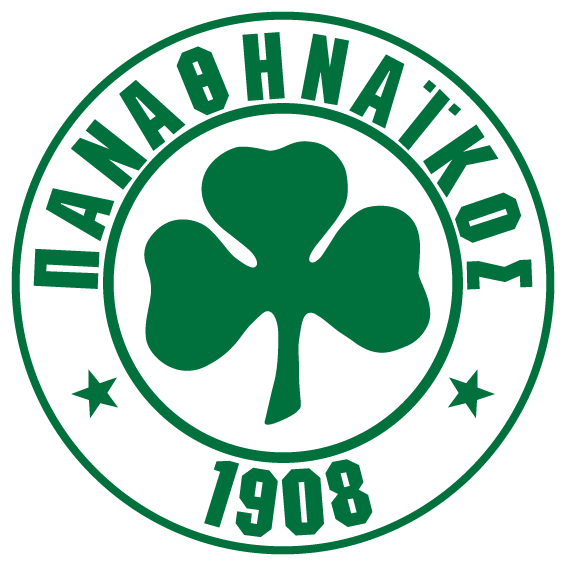
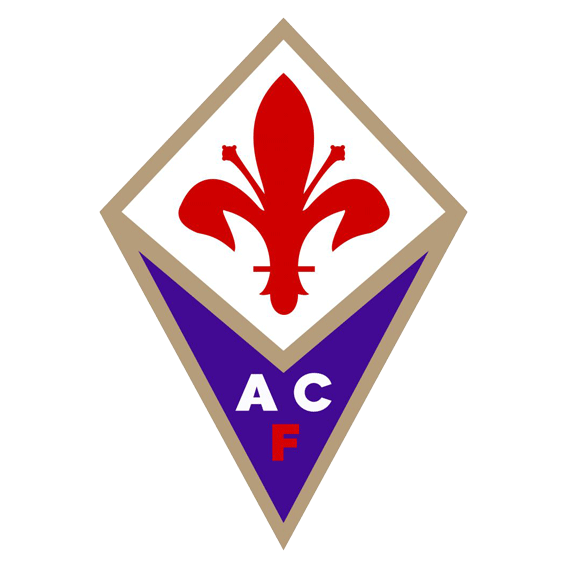


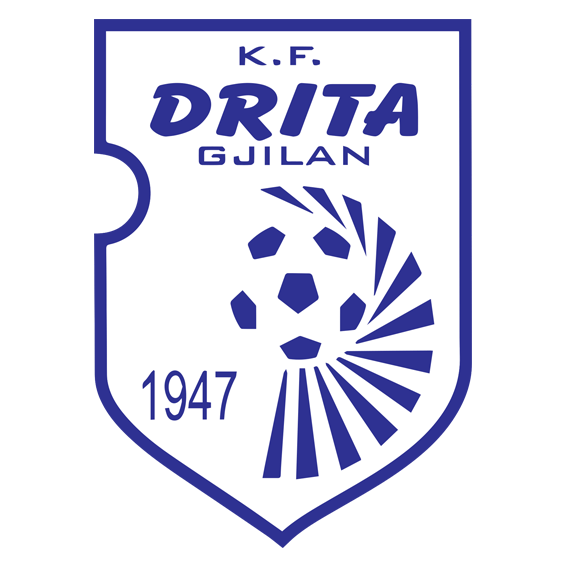

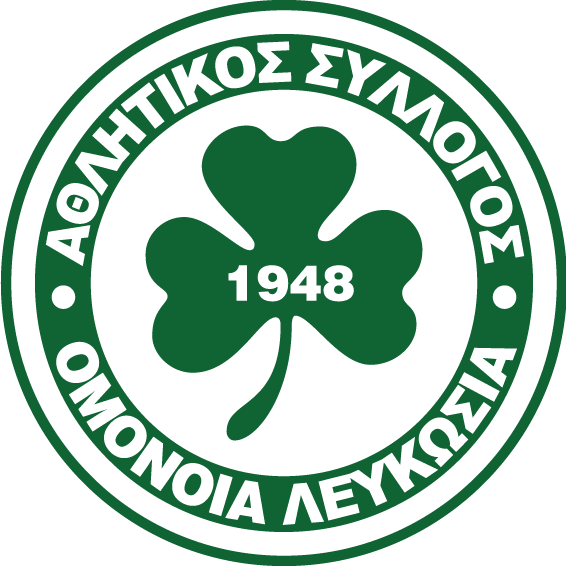
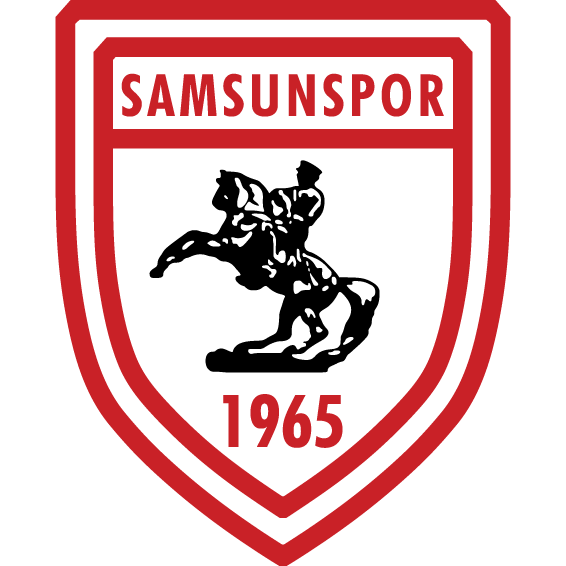
























There are no comments yet. Be the first to comment!